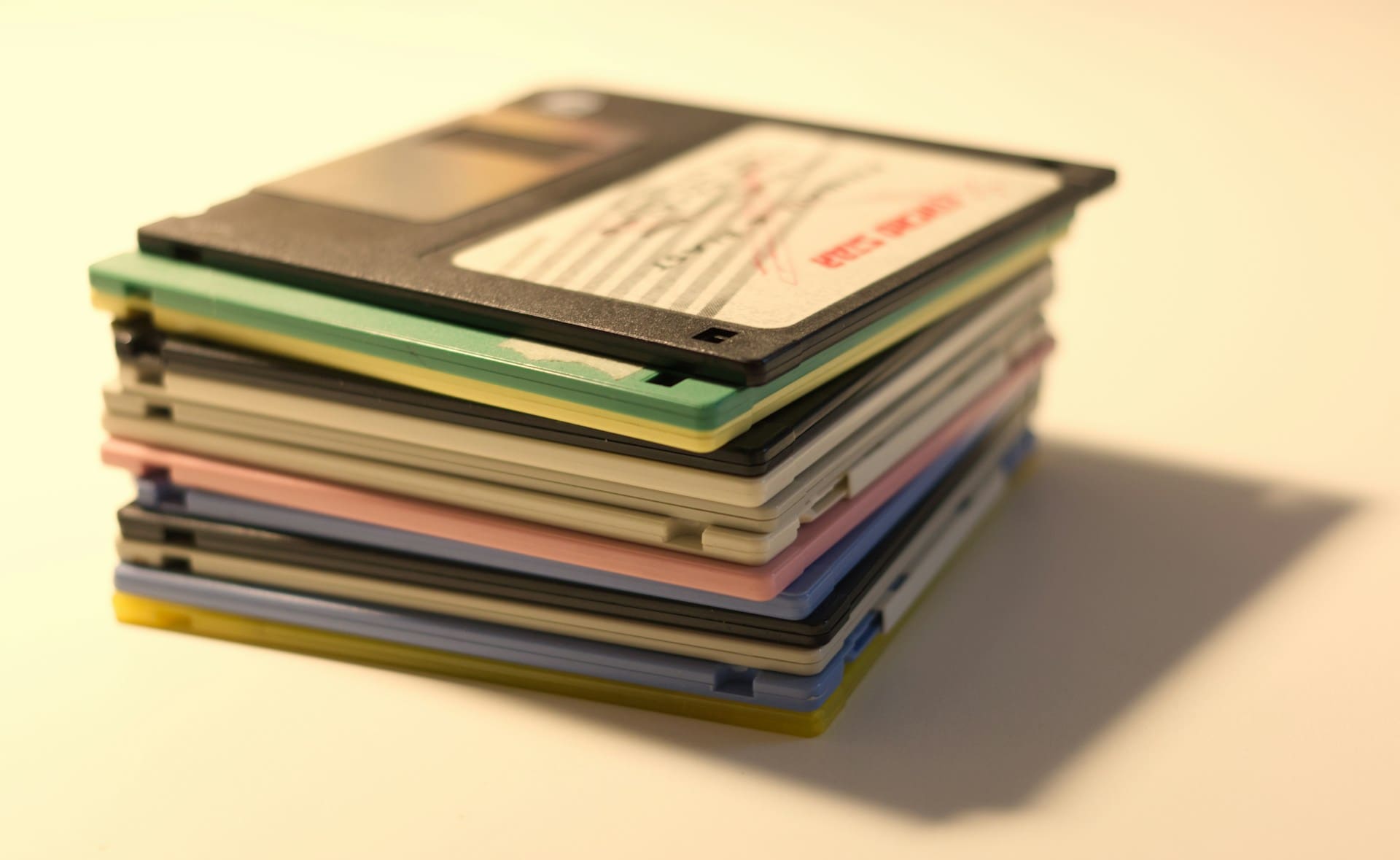In 2025, talking about floppy disks might sound nostalgic. However, these magnetic storage devices that defined an entire era of computing still have applications today, which makes it crucial for operating systems to continue supporting compatibility.
The 34th anniversary of the Linux kernel announcement coincided with the release of a new set of patches for the floppy disk driver. Although this device is nearly obsolete in the consumer market, it remains present in industrial environments, laboratories, public organizations, and, of course, in retro computing communities.
Floppy disks are more alive than they seem
It may be surprising, but floppy disks are still used in specific sectors:
- Industrial and medical equipment that have never been updated and depend on floppy disks to load firmware or transfer data.
- Defense and aerospace, where some critical systems still retain this medium for certification and stability reasons.
- Retro computing and digital preservation, with active communities rescuing old software in its original format.
Therefore, Windows, macOS, and Linux continue to allow reading floppy disks, either through native hardware or USB adapters. Maintaining this compatibility ensures that data stored on these media remain accessible.
Linux stays clean but doesn’t abandon support
The latest patch released by Andy Shevchenko from Intel doesn’t introduce major functional changes but shows that the floppy driver is still receiving attention. The updates include:
- Removal of obsolete macros and constants.
- Reorganization of headers and small readability improvements.
- Simplification of code across various architectures (x86, ARM, MIPS, PowerPC, Sparc, among others).
In total, 92 lines of code were removed, and 34 new lines were added, demonstrating that the driver remains active despite lacking an official maintainer.
The philosophy of compatibility
The Linux kernel upholds the principle of long-term compatibility. Even though floppy disks are no longer part of modern computing, removing support would cut off access to a legacy system that still holds value.
This isn’t about looking back; it’s about ensuring that if a user connects an old drive, the system can recognize it and read data without issues. That’s why, just like Windows 11 or macOS Ventura still recognize floppy disks, Linux continues refining and cleaning its driver.
Conclusion
In an era of SSDs, NVMe, and cloud storage, it might seem odd to talk about floppy disks. Yet, their continued presence in niche sectors shows that the past still matters in modern computing.
Linux’s decision to keep the floppy driver up to date is more than curiosity; it’s a sign of respect for compatibility, preservation, and reliability. Because even though almost no one uses them daily anymore, floppy disks are still with us.
Frequently Asked Questions (FAQ)
Why are floppy disks still used in 2025?
Mainly in industrial, defense, aerospace, and retro computing sectors where stability and certification of old systems prevent updates.
Can I read floppy disks on a modern PC?
Yes. Linux, Windows, and macOS still recognize floppy drives, whether internal or via USB adapters.
What are the risks of removing kernel support?
Losing access to valuable data stored on floppy disks and being unable to keep critical industrial systems running that still depend on this medium.
Is Linux the only OS maintaining compatibility?
No. Both Windows and macOS still allow reading floppy disks, though always with compatible hardware or adapters.
via: Kernel mailing list

